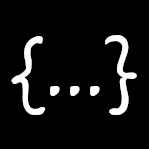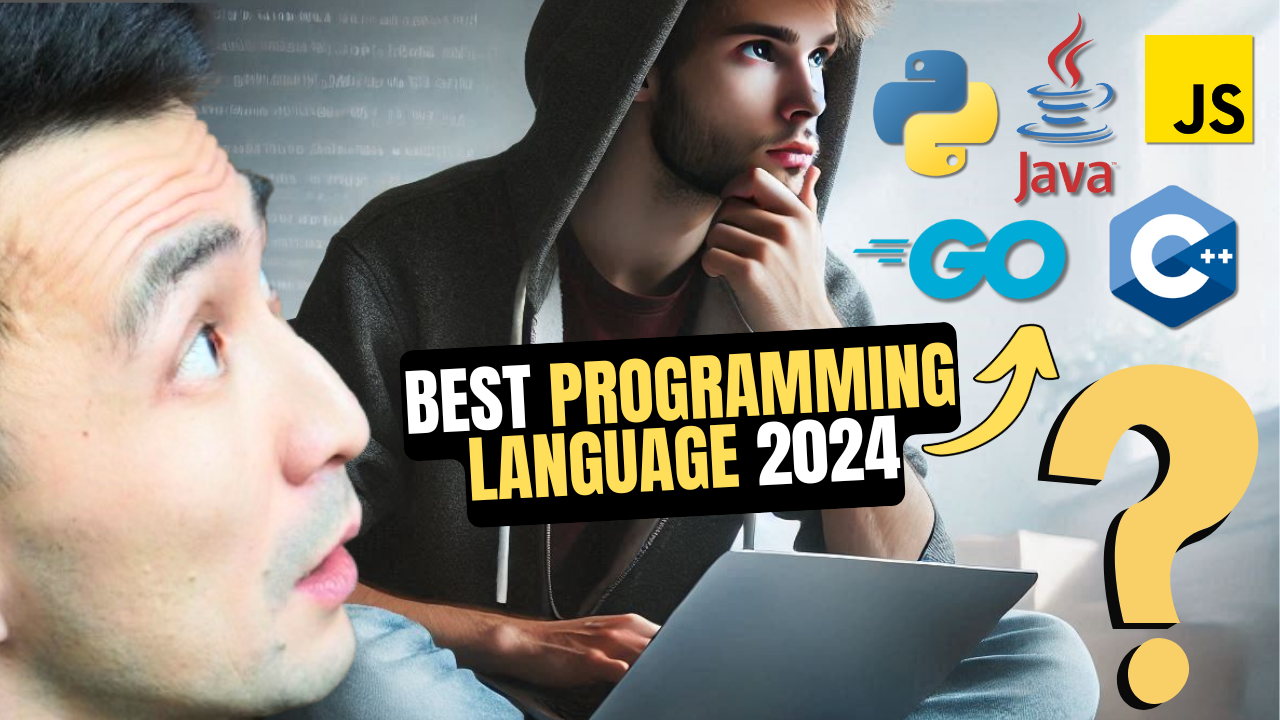Starting your programming journey can feel overwhelming, but choosing the right language doesn’t have to be complicated. For beginners in 2024, the key is selecting a programming language that balances ease of use with relevance in today’s tech job market. In this article, we’ll explore the top contenders—JavaScript, Python, Go, and Java—and provide some tips to help you make an informed decision.
Why JavaScript?
JavaScript is a versatile language and remains a dominant force for beginners, especially if you’re interested in web development. It powers both frontend (the part users interact with) and backend (the server side) development. The advantage of JavaScript is that you can learn one language and apply it across the entire development stack. This makes it an appealing option for full-stack development, which is highly sought after by startups and smaller teams.
- Frontend: If you’re visually driven, JavaScript is perfect for building user interfaces with frameworks like React.
- Backend: With Node.js, JavaScript also works on the server side, making it ideal for those who want to handle databases and server logic.
Top Alternatives to JavaScript
Though JavaScript has widespread use, it’s not the only choice. Here are some solid alternatives for beginners:
- Python: Python is known for its simplicity and is widely used in fields like data science, machine learning, and web development. Its readability makes it a favorite for those new to programming.
- Go (Golang): Go is a growing trend for backend web development. Companies are increasingly adopting it for its performance and simplicity in handling large-scale systems. If you’re planning to focus on backend roles, Go is worth considering.
- Java: Java is a classic, particularly strong in enterprise-level applications. Many legacy systems are built in Java, making it a good option if you want stability and long-term job prospects, though it can be more challenging for beginners.
How to Choose?
No matter which language you pick, the most important thing is commitment. Choose one, stick with it, and don’t get distracted by the overwhelming number of learning resources available. Consistency and focus are your best allies as you embark on this journey.
By the end of your learning process, you’ll be well-equipped to start building projects, refining your skills, and even applying for entry-level developer roles. Good luck!


Leave a Reply